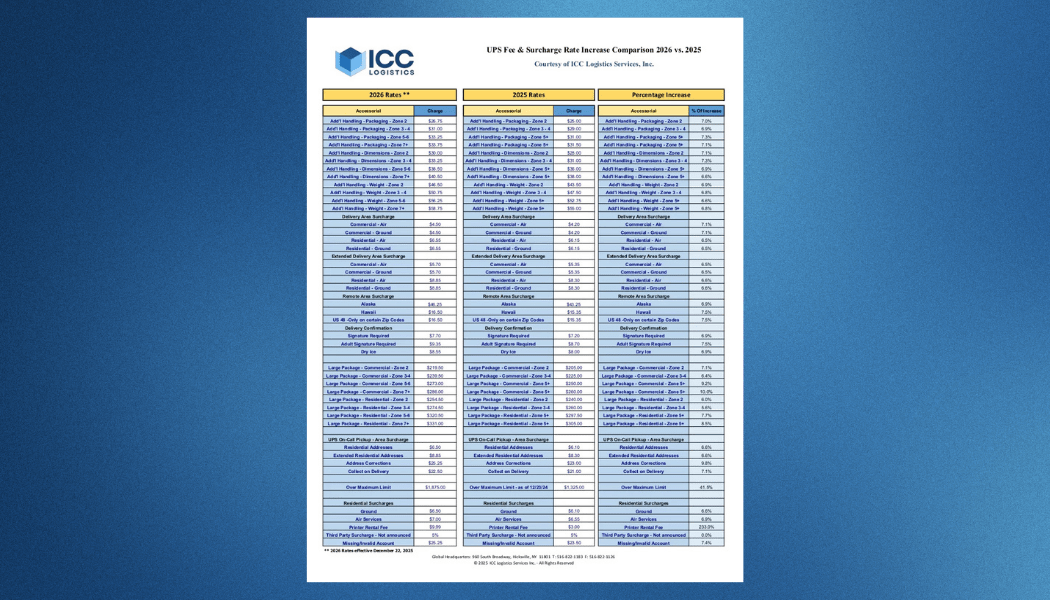Recent reports by the World Shipping Council, (WSC) reveal a stream of container losses due to fires aboard ships, containers being lost at sea, as well as other causes. Recently there has been a large increase in these disasters causing much concern for ocean shippers.
For one thing, ocean containers are falling off ships at a much higher rate than previous annual averages. To prove this point, the WSC reported an average of 1382 containers per year were lost at sea between the years 2018 and 2019. However, between November 30, 2020 and January 31, 2021, more than 2675 containers were lost in only five incidents at sea. That’s almost a 100% increase in just a two-month period. Other industry sources have reported that more than 9000 containers have been lost just since late October.
So, why is there such a tremendous increase in these disaster occurrences? No one is really sure, but some experts point to hard to predict weather patterns, as well as record shipping volumes as possible causes.
Anthony Fullbrook, president of OEC Group’s North American Region points out that “it cannot be just coincidence that these accidents are happening at record numbers because shipping companies are under tremendous pressure to quickly transport goods around the globe.”
Mr. Fullbrook also points out, “since these accidents are triggering the Law of General Average, clients are incurring additional costs on top of the historically high rates they are already paying to safely transport their goods.”
For those who may not be familiar with the Law of General Average, it is a centuries old maritime law designed to fairy distribute costs associated with losses at sea. It was developed at a time when goods were lost more frequently and was put in place to protect those shippers involved from unpreventable losses. The bottom line is, when there is a loss at sea, all shippers who have freight on that vessel are held partially financially responsible for the loss.
Joe Klobus, OEC Group’s Insurance and Claims Analyst states that whether or not a shipper believes the law is fair, they are still responsible for sharing in the actual loss. He goes on to state, “fair or not, this is how the industry has been operating for centuries. Customers who have not incurred damage are still responsible for a portion of the overall loss.”
So this fact begs the question for all international shippers, what steps should be taken to insure your goods while they are in international transit or when they are in the domestic transportation portion for that matter?
Some shippers might believe their ocean carriers are fully responsible for any loss or damage their shipments may incur in transit, nothing could be further from the truth. Sure, the carriers might have some liability, but in today’s deregulated transportation environment, many carriers have limited their liability in cases of loss or damage to shipper’s goods. It’s up to the shipper to know exactly what their carriers’ liability is, what’s covered and what’s not.
The key point here for every ocean shipper is to make sure your company performs an annual analysis of its current cargo liability exposure. What insurance coverages are currently in place, are the liability limits proper for today’s products, are there any exemptions in the policy that could cause great financial losses, etc.
And, there is no better time to perform this cargo liability exposure and insurance analysis than right now. Don’t wait for a major disaster to strike to find out you may have more liability exposure than you thought.



 to receive our FREE white papers:
to receive our FREE white papers: